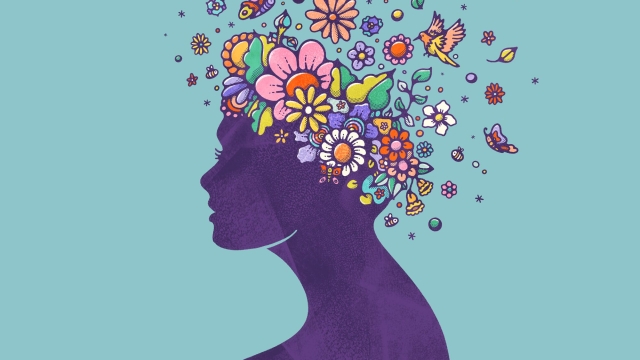
Exploring the intricate landscape of mental health illuminates a vital aspect of our overall well-being. It is a realm that encompasses both the seen and unseen dimensions of our inner selves, often veiled by stigma and misconceptions. Navigating this terrain not only sheds light on the complexities of the human mind but also underscores the importance of fostering understanding, empathy, and support for individuals traversing their own unique experiences.
Understanding Mental Health
Mental health is a crucial aspect of overall well-being. It encompasses a person’s emotional, psychological, and social well-being. It influences how we think, feel, and act on a daily basis.
Mental health is just as important as physical health, yet it may not always be given the same level of attention. It is essential to recognize that mental health challenges are common and can affect anyone regardless of age, gender, or background. Seeking help and support is a sign of strength, not weakness.
Maintaining good mental health involves coping with stress, building healthy relationships, and embracing self-care practices. It is important to be aware of the signs of mental health issues and to address them proactively to ensure a balanced and fulfilling life.
Challenges and Stigma
Mental health challenges can vary in severity and impact individuals from all walks of life. Unfortunately, there still exists a pervasive stigma surrounding mental health issues which can prevent people from seeking help or openly discussing their struggles. This lack of understanding and empathy can lead to feelings of isolation and shame for those experiencing mental health difficulties.
One of the main challenges in addressing mental health stigma is dispelling misconceptions and educating the public on the realities of mental health conditions. By promoting awareness and open dialogue, we can work towards reducing the stigma associated with mental health and creating a more supportive environment for individuals to seek help without fear of judgment.
It is crucial to recognize that mental health is just as important as physical health, and seeking treatment should be viewed as a courageous and positive step towards well-being. Overcoming the stigma surrounding mental health requires a collective effort from society to provide empathy, support, and understanding to those struggling with mental health issues. By fostering a culture of acceptance and compassion, we can create a more inclusive and supportive community for all individuals facing mental health challenges.
Seeking Help and Support
Therapy Trainings™
It’s important to remember that seeking help and support is a crucial step in managing mental health challenges. Whether it’s through therapy, counseling, or support groups, reaching out for assistance can provide valuable insights and coping strategies.
Talking to a mental health professional can offer a safe space to explore your thoughts and feelings, helping you gain a better understanding of your mental health and ways to improve it. Additionally, connecting with others who may be experiencing similar struggles can foster a sense of community and belonging, reducing feelings of isolation.
Remember, reaching out for help is a sign of strength, not weakness. It’s essential to prioritize your mental well-being and seek the support you need to navigate the terrain of mental health effectively. You don’t have to go through this journey alone – there are resources and people available to help you every step of the way.

